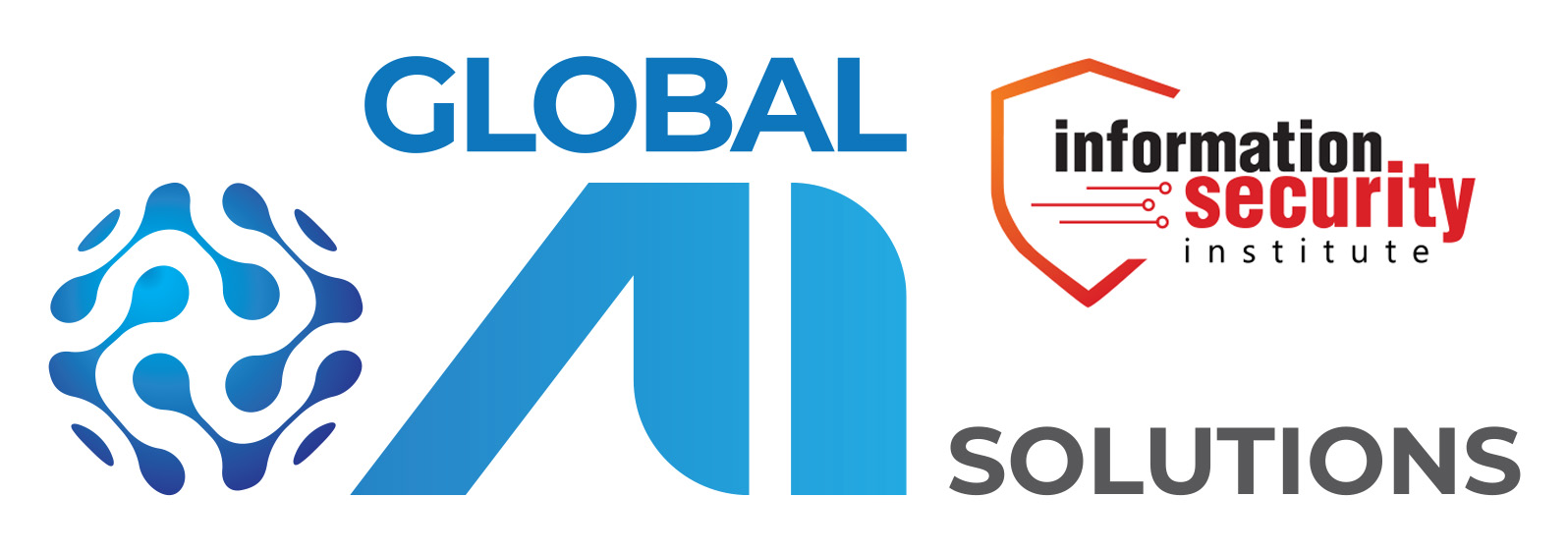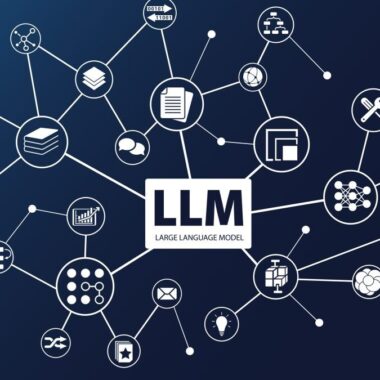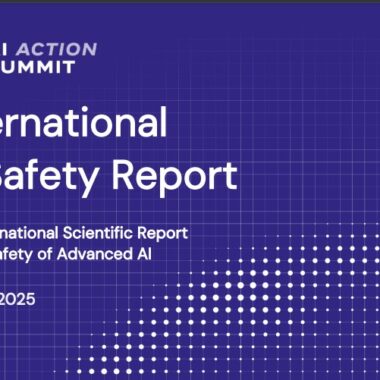2025 Corporate Calendar: Transition to Value-Based AI, Data, and IT Governance
This calendar provides a month-by-month guide to implementing a values-driven approach to AI, data, and IT governance in 2025. Each month focuses on a critical area to enhance business growth, sustainability, and competitive advantage.
January: AI & Technology Governance Workshop
- Conduct a workshop to assess the current maturity of AI and technology governance.
- Equip management with tools and knowledge to treat data and IT as strategic assets.
February: Reposition AI Strategy
- Realign the organisation’s AI strategy with business objectives.
- Integrate robust security measures and ethical considerations into the AI framework.
March: Establish IoT, AI and Cybersecurity Governance Framework
- Develop a framework for safe and responsible governance of IoT devices.
- Address risks related to IoT usage in operations and customer interactions.
April: Enhance AI, Cybersecurity and ESG Practices
- Implement best practices in cybersecurity across all systems.
- Integrate ESG (Environmental, Social, Governance) and AI principles into IT and operational policies.
May: Ensure Regulatory Compliance
- Stay updated on emerging regulations, including the AI Act, GDPR, and M-24-10 CAIO Memo.
- Adjust organisational policies to comply with these regulations proactively.
June: Prioritise ESG & Sustainability
- Identify and address societal, economic, and regulatory factors impacting the organisation.
- Focus on strengthening governance and social/environmental initiatives.
July: Address Climate Action
- Develop strategies to manage climate-related risks and opportunities.
- Include biodiversity and sustainability goals in operational planning.
August: Invest in Workforce Skill Development
- Launch training programs for employees focusing on AI and digital skills.
- Promote a learning culture that keeps the workforce agile and future-ready.
September: Build a Corporate Culture of Accountability and Transparency
- Enhance organisational culture by promoting transparency, fairness, diversity and accountability.
- Address disparities such as the gender pay gap and (un)conscious bias and improve inclusion.
October: Foster Stakeholder Engagement
- Create platforms for meaningful engagement with employees, customers, and community stakeholders.
- Gather feedback to align organisational strategies with stakeholder expectations.
November: Strengthen Data Governance and Transformation
- Enhance data literacy across all levels, including the board of directors.
- Bolster data security measures to protect sensitive information.
- Leverage data insights for innovation and improved customer experience.
December: Update Governance & Stewardship Practices
- Trust and privacy are core components of business operations to secure competitive advantages.
- Revise the Governance and Stewardship Code to reflect ESG priorities.
- Communicate the value of strong governance to stakeholders to build trust.
Key Generic Recommendations throughout the year:
- Training and awareness: AICP, CAIO, and DPO Certifications: Invest in employee training through these certifications to enhance knowledge and skills across key areas.
- Cross-functional Collaboration: Foster collaboration across departments to ensure a holistic approach to AI, Data privacy, ESG, and IT Governance.
- Continuous Improvement: Regularly review and refine strategies and policies based on evolving needs and emerging challenges.
By focusing on these key areas and embracing a value-based approach, organisations can navigate the complexities of the 2025 landscape, build trust with stakeholders, and achieve sustainable long-term success.





